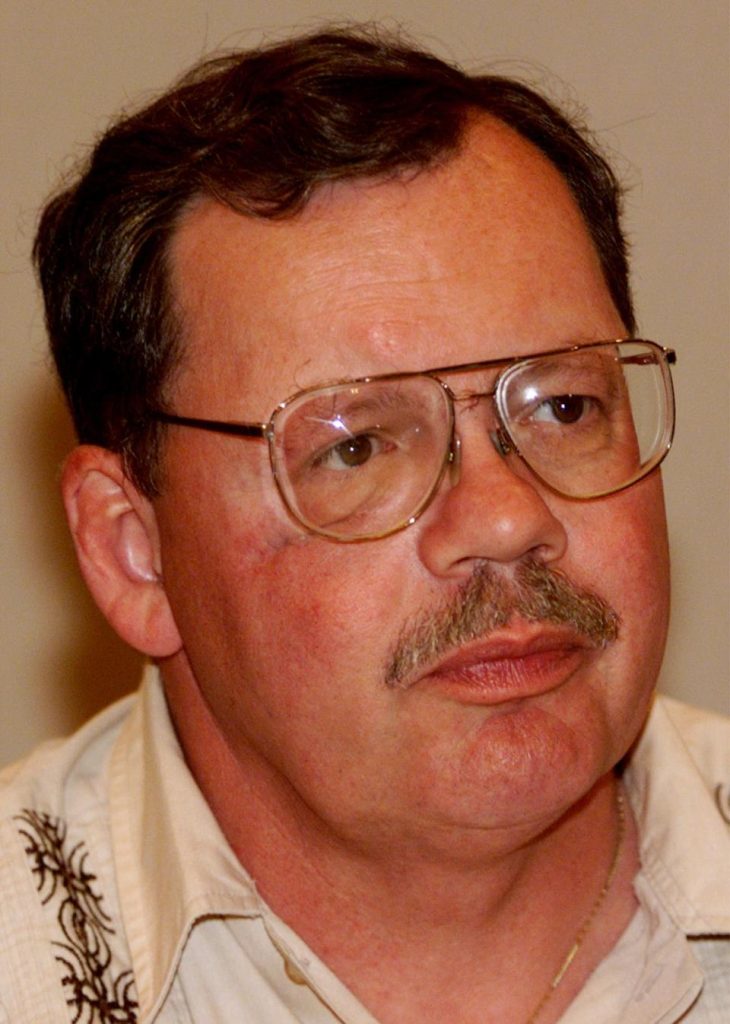Terry Anderson, a U.S. journalist who was held captive by Islamist militants in Lebanon for almost seven years during the country’s civil war, passed away at the age of 76. He was the longest-held hostage among Westerners abducted in Lebanon. Anderson died at his home in Greenwood Lake, New York, although the cause of death was not disclosed. He was kept in dark cells by mostly Shi’ite Muslim groups, chained and blindfolded much of the time. Anderson credited his Roman Catholic faith with preventing him from taking his own life during his captivity.
Anderson’s daughter Sulome Anderson, who was born three months after he was taken captive, spoke about her father’s quiet peace in recent years despite the extreme suffering he endured. She emphasized his humanitarian work with organizations such as the Vietnam Children’s Fund and the Committee to Protect Journalists. The family plans to organize a memorial in honor of Anderson. His kidnapping occurred in Beirut in 1985, carried out by gunmen from the pro-Iran Islamic Jihad group. The abductors demanded the release of Shi’ite Muslims jailed in Kuwait.
During his captivity, Anderson faced numerous challenges, including the deaths of his father and brother due to cancer and being separated from his daughter until she was six years old. He relied on his faith, resilience, and the support of his fellow hostages to endure his ordeal. Despite moments of despair and frustration, Anderson maintained his strength and determination. The hostages communicated through tapping on walls, and Anderson shared news of the outside world with others in captivity.
Throughout his captivity, Anderson’s family and numerous organizations advocated for his release. His sister Peggy Say was a staunch advocate, lobbying various officials and institutions for his freedom. Efforts by the Reagan administration to negotiate his release through the Iran–Contra affair were ultimately unsuccessful. Following his release in 1991, Anderson resumed his journalism career and teaching positions at various universities.
Anderson’s post-captivity life included teaching journalism at several universities and engaging in business ventures. He also ran for political office in Ohio and successfully sued Iran for his abduction, receiving a substantial settlement. His experience as a hostage shaped his life and compelled him to continue his advocacy work for various causes. Anderson’s impact extended far beyond his years in captivity, leaving a legacy of resilience and dedication to humanitarian efforts.


